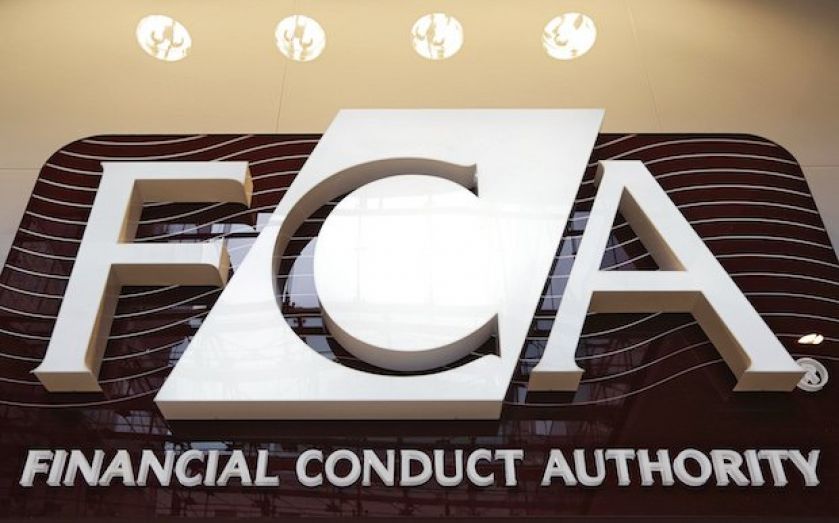FCA succeeds in overturning landmark fraud case ruling

The Court of Appeal has quashed a decision to halt a landmark fraud trial because of lack of legal aid barristers to represent the defendants.
The prosecution of the three men was stopped after Alex Cameron QC, brother of the prime minister, argued they wouldn’t get a fair trial as they were not sufficiently represented.
No senior barristers would take the case, which involves a multi-million pound land-related fraud.
The appeal to overturn the earlier decision was made by City regulator the Financial Conduct Authority (FCA), following concerns that failure to do so would have a ripple effect when it comes to other cases being pursued by it.
In the judgement given this morning, the court said the correct course of action would have been to postpone, rather than halt, the trial, while the search for barristers continued.
The FCA conceded that, given the circumstances of the case, “it would be unfair to try the defendants if they wished to be represented and, through no fault of their own, they were not represented.”
The judge reached the conclusion that proper efforts had been undertaken by all defence solicitors to obtain representation so that it was no fault of their own that they were unrepresented.
It was common ground that, in those circumstances, to try them would be a breach of their common law rights and, in addition, contrary to Article 6(3) of the European Convention on Human Rights (“ECHR”). This conclusion remains agreed and is not challenged.
The ruling also stated that there’s a “strong public interest” aspect of pursuing the charges:
The public interest in the final determination of criminal charges requires that such a charge should not be stayed or dismissed if any lesser remedy will be just and proportionate in all the circumstances.
It also highlights that, despite being answerable to the Treasury rather than the Attorney General, the FCA is an “arm of the state” and, therefore, its bringing this prosecution throws up a potential conflict of interest:
The responsibility to provide adequate representation at public expense is also the responsibility of the State. I have considered whether the State should in those circumstances be entitled to benefit from its own failure by being granted an adjournment.